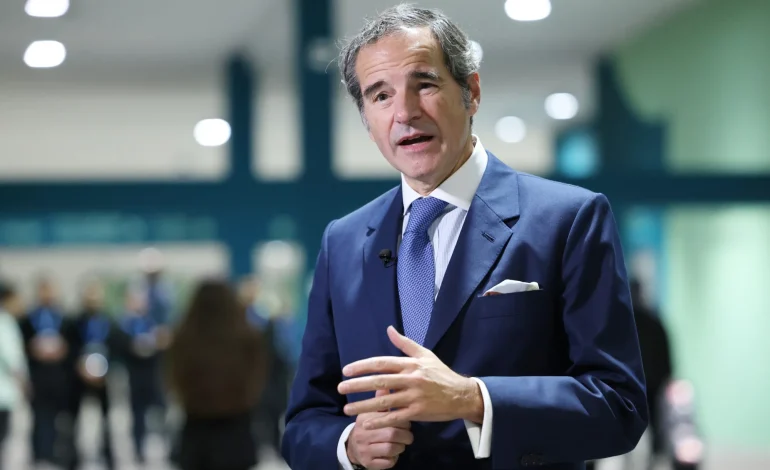Syria’s Nuclear Secrets: IAEA Probe Stalled by Assad’s Ouster

The International Atomic Energy Agency (IAEA) has announced a major setback in its long-running investigation into suspected Syrian nuclear weapons activities, Bloomberg reports.
The ouster of President Bashar al-Assad has abruptly halted the probe just as inspectors were nearing a significant breakthrough, according to IAEA Director General Rafael Mariano Grossi.
Grossi revealed on Wednesday that Assad had recently granted the IAEA permission to access and sample suspected nuclear sites. However, with the Syrian government in disarray, inspectors now face significant delays and uncertainty.
“We are still assessing what we found, but we have a large question mark in front of us because we don’t have an interlocutor,” Grossi said during a presentation in Oslo.
The IAEA investigation began after Israel destroyed a Syrian nuclear reactor in 2007. Western intelligence agencies alleged the facility, reportedly built with North Korean assistance, was designed to produce weapons-grade plutonium. While Syria consistently denied the facility’s nuclear purpose, IAEA inspectors discovered uranium particles at the site. The case was subsequently referred to the UN Security Council in 2011. Syria’s ensuing civil war further hampered the investigation until its recent resumption earlier this year.
Grossi expressed growing concern about the escalating instability in the Middle East. He highlighted the risk of nuclear material falling into the wrong hands, particularly at the Al-Hadjar Nuclear Research Center, which contains small quantities of highly enriched uranium. The lack of a functioning state administration increases the vulnerability of these materials to theft or looting.
Beyond Syria, Grossi voiced apprehension about rising tensions between Israel and Iran, warning of the potential for Iran to accelerate its nuclear program. He described Tehran’s recent announcement to increase production of near bomb-grade uranium as a “power gesture” requiring immediate attention from the incoming Trump administration.








